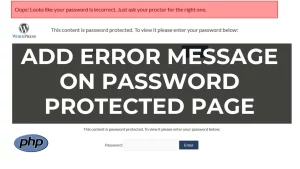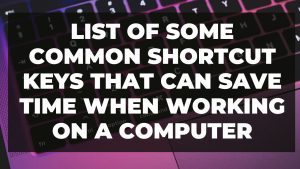This article aims to examine the reality of freelancing real or fake. Freelancing is a buzzword that has taken the job market by storm. It is a way of working that allows people to offer their services on a project basis to clients, instead of working as a full-time employee for a single company. With the rise of technology and the internet, freelancing has become increasingly popular, and it is a common misconception that freelancing is fake.
First and foremost, freelancing is very real, and it is a legitimate way of working. Many people have made a successful career out of freelancing, and it is now a recognized alternative to traditional employment. Freelancers can work from anywhere in the world and can choose the projects they want to work on, giving them the freedom and flexibility to work on their own terms. This makes freelancing a desirable option for many people who are looking to work in a way that fits their lifestyle.
Another misconception about freelancing is that it is only for people who are not good enough to secure a full-time job. This could not be further from the truth. Many successful freelancers are highly skilled professionals who have chosen to work as freelancers because they want more control over their careers. They are often sought after by clients who are looking for expertise in specific areas, and they command higher rates because of their skills and experience.
Another argument that freelancing is fake is that freelancers do not receive benefits and security that traditional employees receive. While it is true that freelancers do not receive benefits such as health insurance and paid time off, many freelancers see this as a trade-off for the freedom and flexibility that freelancing provides. Additionally, many freelancers choose to purchase their own benefits, such as health insurance, and some choose to save a portion of their earnings for their own retirement.
Furthermore, the rise of technology has made it easier for freelancers to find clients and secure work. There are many online platforms, such as Upwork, Fiverr, and Freelancer, that connect freelancers with clients from all over the world. These platforms provide a safe and secure way for freelancers to find work and receive payment, and they offer a wide range of projects, from web development to writing and graphic design.
In conclusion, freelancing is a real and legitimate way of working that is becoming increasingly popular. It offers people the freedom and flexibility to work on their own terms, and it provides a way for highly skilled professionals to secure work and command higher rates for their expertise. While it may not offer the same benefits and security as traditional employment, many freelancers see this as a trade-off for the independence and control that freelancing provides. With the rise of technology and the internet, freelancing is here to stay, and it is a viable alternative to traditional employment.










